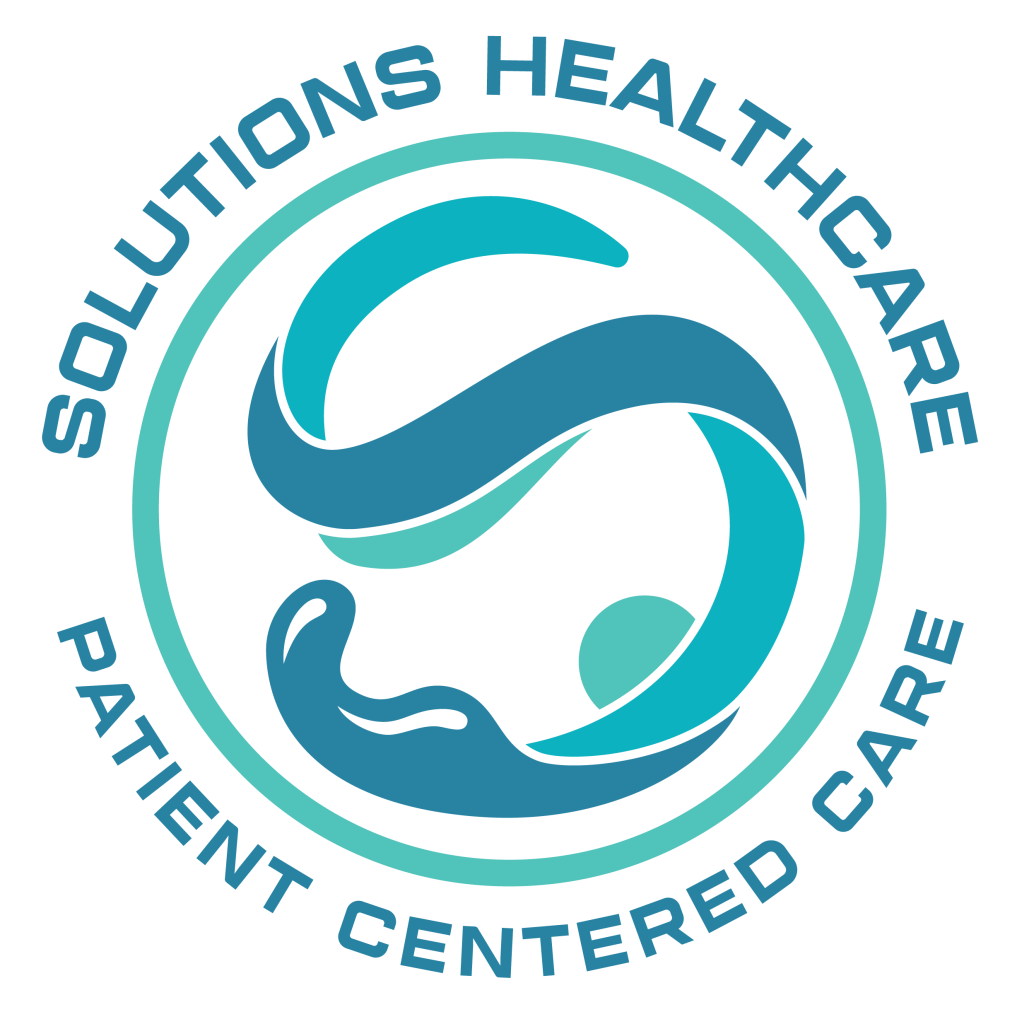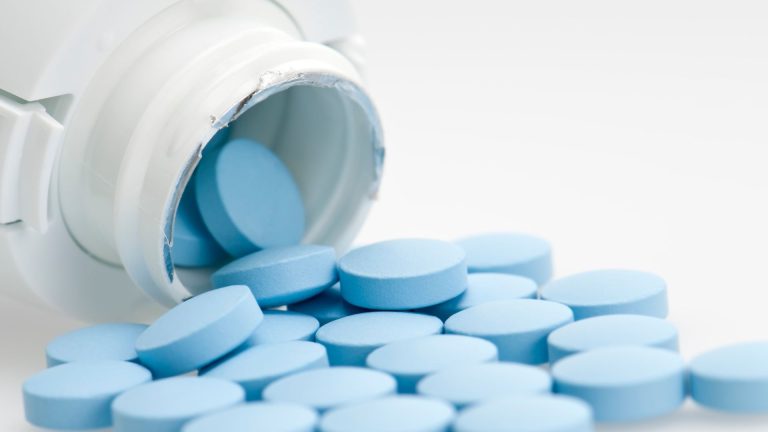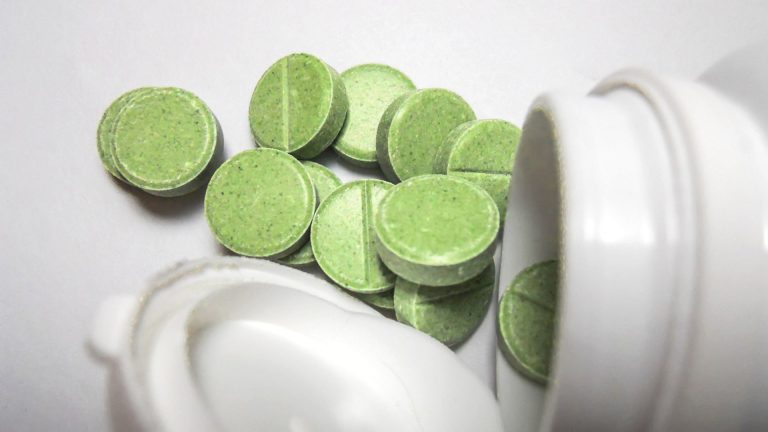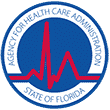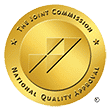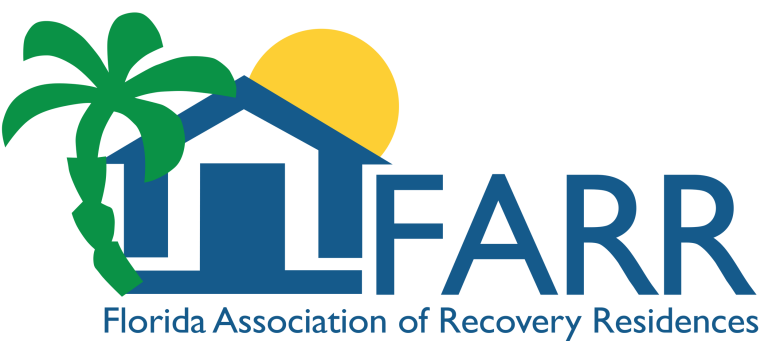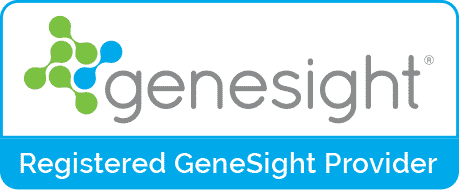What is Detox?
Detoxification, or “detox,” is the initial process of removing alcohol or drugs from the body. It’s a short-term medical intervention that helps people manage withdrawal symptoms when they stop using a substance. Detox is often the first step in recovery, but it is not a treatment for addiction itself. It addresses the physical aspect of dependence, not the underlying behavioral, emotional, or psychological issues that drive substance use.What Happens During Detox?
During detox, a medical team monitors the individual’s vital signs and symptoms. Depending on the substance and severity of dependence, medications may be administered to reduce withdrawal symptoms and prevent serious complications like seizures or hallucinations. Withdrawal symptoms vary by substance but may include:- Nausea and vomiting
- Anxiety or depression
- Insomnia
- Sweating and shaking
- Seizures
- Delirium tremens (in severe alcohol withdrawal)
100% Confidential Support is Available 24/7
No matter what you’re going through, you’re not alone. Our dedicated team is here to provide a safe, judgment-free space where you can talk openly and honestly. Whether you need emotional support, resources, or just someone to listen.
We’re here for you—completely confidential and always respectful of your privacy. Call us today!
Why Detox Alone Isn’t Enough
Detox is only the beginning. It clears the body of substances but doesn’t teach new behaviors, build coping skills, or address the emotional and psychological factors of addiction. Without follow-up treatment, relapse rates after detox alone are very high. According to the National Institute on Drug Abuse (NIDA), relapse rates for addiction are estimated at 40–60%, comparable to other chronic illnesses like diabetes or hypertension. Detox treats symptoms—rehab treats the root cause.Contact Solutions Healthcare
Battling with Drug and Alcohol Addition? Remember, you are not alone and we are here to help you!
What is Rehab?
Rehabilitation, or “rehab,” is a structured treatment program designed to help individuals stop using drugs or alcohol and learn how to live a healthy, sober life. While detox is about physical stabilization, rehab focuses on long-term behavioral change and mental health support. Rehab can be inpatient (residential) or outpatient, depending on the individual’s needs. Programs typically include:- Individual and group therapy
- Behavioral therapies (like CBT or DBT)
- Medication-assisted treatment (MAT)
- Relapse prevention education
- Life skills and coping strategies
- Treatment for co-occurring disorders (like depression or PTSD)
How Long Does Rehab Last?
There is no one-size-fits-all answer. Length of stay depends on the severity of addiction, treatment progress, and whether co-occurring disorders are present. However, NIDA recommends a minimum of 90 days of treatment for the best outcomes. This can include a combination of inpatient and outpatient care. Shorter rehab stays (30 days or less) are available, but they often serve as a starting point rather than a complete solution.Why You Need Detox and Rehab
It’s common to think that once detox is over, the hard part is done. But detox only treats the physical side of dependence. Without learning how to navigate triggers, manage emotions, and cope with life stressors, a person is likely to fall back into old patterns. Rehab provides the tools and support needed to maintain sobriety. Together, detox and rehab form a comprehensive treatment plan that addresses both body and mind. Consider this analogy: detox is like resetting a computer that’s malfunctioning due to viruses. Rehab is the antivirus software that keeps the system running clean after the reset. You wouldn’t want one without the other.100% Confidential Support is Available 24/7
No matter what you’re going through, you’re not alone. Our dedicated team is here to provide a safe, judgment-free space where you can talk openly and honestly. Whether you need emotional support, resources, or just someone to listen.
We’re here for you—completely confidential and always respectful of your privacy. Call us today!
The Role of Aftercare
After completing rehab, recovery continues. Long-term success often depends on ongoing support, which may include:- Sober living homes
- 12-step or non-12-step programs
- Individual therapy
- Peer support groups
- Medication management
- Regular check-ins with a case manager or sponsor
Common Misconceptions
Addiction is a complex condition, and people have many misconceptions about living with and overcoming it. Here are some of the most common misconceptions surrounding substance use disorder (SUD).“I only need detox.”
Detox is critical but incomplete. It’s a first step, not a complete solution.“Rehab is only for ‘serious’ addicts.”
Anyone struggling with substance misuse, whether daily or occasionally, can benefit from structured rehab. The earlier the intervention, the better the chances of recovery.“Rehab is a one-time fix.”
Addiction is a chronic condition. Just like with diabetes or heart disease, ongoing management is key.100% Confidential Support is Available 24/7
No matter what you’re going through, you’re not alone. Our dedicated team is here to provide a safe, judgment-free space where you can talk openly and honestly. Whether you need emotional support, resources, or just someone to listen.

